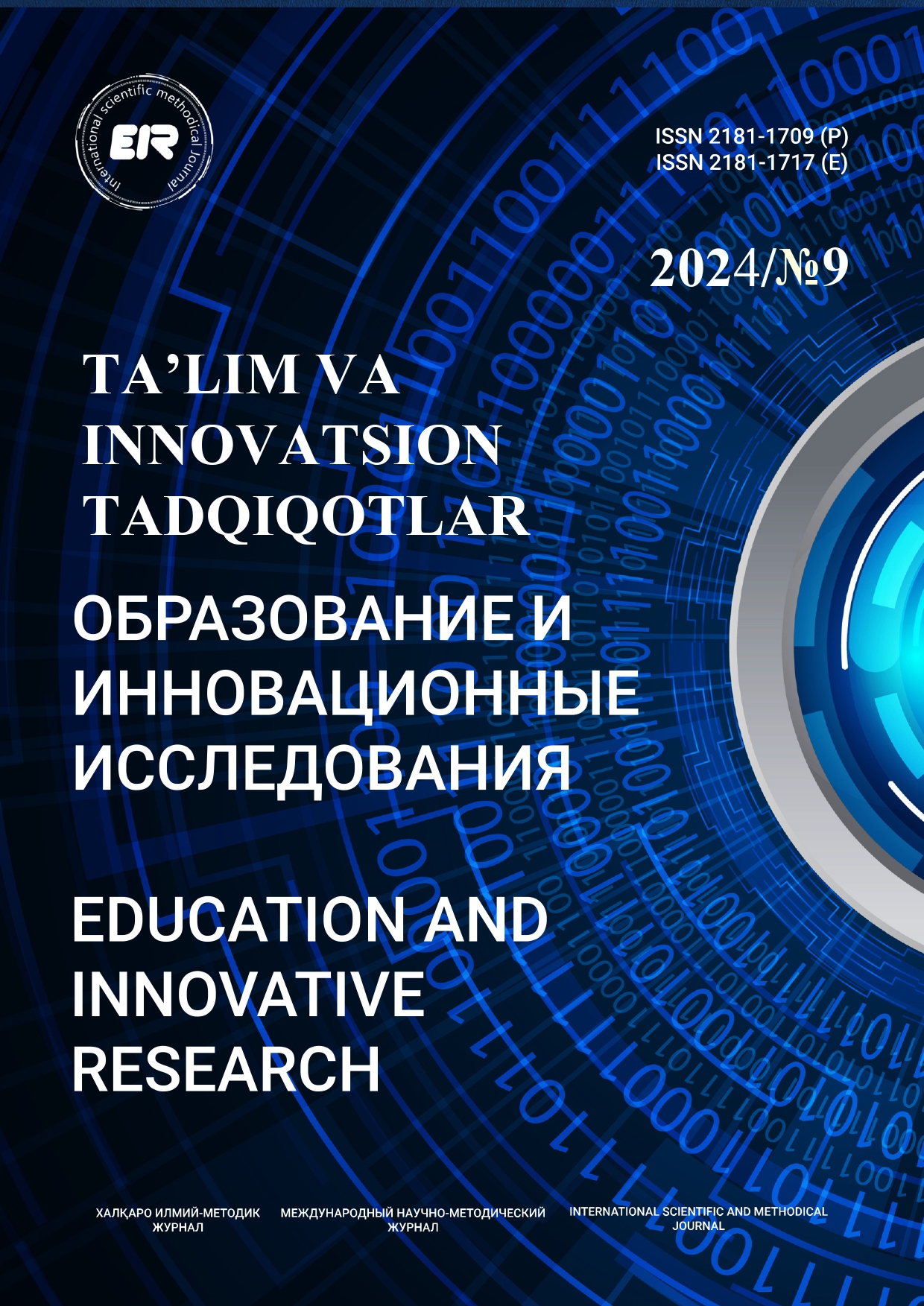ПОЛИТИЧЕСКИЙ ДИСКУРС КАК ЗНАЧИМАЯ ОБЛАСТЬ ЛИНГВИСТИЧЕСКИХ ИССЛЕДОВАНИЙ
Esanov Azizbek Shermamat o‘g‘li PhD Student of National University of Uzbekistan named after Mirzo Ulugbek, Under Review of Y.Y.Arustamyan, DSc in linguistics, Associate Professor of the Department Comparative linguistics and translation theory, National University of Uzbekistan
Ключевые слова:
политический дискурс, психолингвистика, риторические стратегии, сравнительный дискурс-анализ, общественное восприятие, фрейминг, политическая коммуникация.Аннотация
Политический дискурс играет ключевую роль в формировании идеологий, влиянии на общественное восприятие и укреплении властных структур в различных политических системах. В статье рассматриваются риторические стратегии, техники фрейминга и идеологические конструкции, которые политические деятели используют для передачи идеологий и поддержания контроля. Путем сравнительного анализа политических выступлений и правительственных коммуникаций в различных мировых контекстах исследуется, как политический дискурс формирует общественное восприятие и социальный контроль. Исследование также выявляет наиболее часто используемые риторические стратегии и обсуждает, как политический дискурс функционирует в качестве инструмента убеждения и формирования идентичности как в демократических, так и в политически централизованных системах. Результаты подчеркивают динамичный и влиятельный характер политического дискурса в формировании политической реальности, внося вклад в дискуссии о языке и власти в современном обществе.
Библиографические ссылки
Aspinall, E. (2015). The New Nationalism in Indonesia. Asian Survey, 55(3), 369-391.
Blommaert, J. (2005). Discourse: A Critical Introduction. Cambridge University Press.
Cannon, B. (2016). Populism and Hugo Chávez’s Discursive Legacy. Latin American Politics and Society, 58(3), 29-52.
Charteris-Black, J. (2011). Politicians and rhetoric: The persuasive power of metaphor. Palgrave Macmillan.
Charteris-Black, J. (2014). Analysing Political Speeches: Rhetoric, Discourse and Metaphor. Palgrave Macmillan.
Chilton, P. (2004). Analysing political discourse: Theory and practice. Routledge.
Ellner, S. (2013). Rethinking Venezuelan Politics: Class, Conflict, and the Chávez Phenomenon. Lynne Rienner Publishers. 8. Entman, R. M. (1993). Framing: Toward clarification of a fractured paradigm. Journal of Communication, 43(4), 51-58.
Fairclough, N. (1989). Language and power. Longman.
Fairclough, N. (1995). Critical discourse analysis: The critical study of language. Longman.
Foucault, M. (1972). The archaeology of knowledge and the discourse on language. Pantheon Books.
Hadiz, V. R. (2018). Islamic Populism in Indonesia and the Middle East. Cambridge University Press.
Kreidlin, D. (2014). Manipulative Discourse in Political Speech. Political Discourse and Media Studies.
Lakoff, G. (2016). Moral politics: How liberals and conservatives think. University of Chicago Press.
Lakoff, G., & Johnson, M. (1980). Metaphors we live by. University of Chicago Press.
Laruelle, M. (2012). Russian Nationalism and the National Reassertion of Russia. Routledge.
Montesano, M. J. (2020). Political Discourse in Thailand Post-Coup. Asian Politics & Policy, 12(2), 237-248.
Mundo, P. (2021). Bolsonaro’s Populist Discourse: Defending Nationalism and Attacking Political Correctness. Journal of Latin American Studies, 53(1), 129-151.
Murunga, G. R. (2014). Kenya’s 2013 Elections: Ethnic Politics and the Challenges of Democracy. Journal of Eastern African Studies, 8(1), 1-13.
Thompson, L. (2014). A History of South Africa. Yale University Press.
van Dijk, T. A. (1997). Discourse as social interaction. SAGE Publications.
van Dijk, T. A. (2008). Discourse and power. Palgrave Macmillan.





